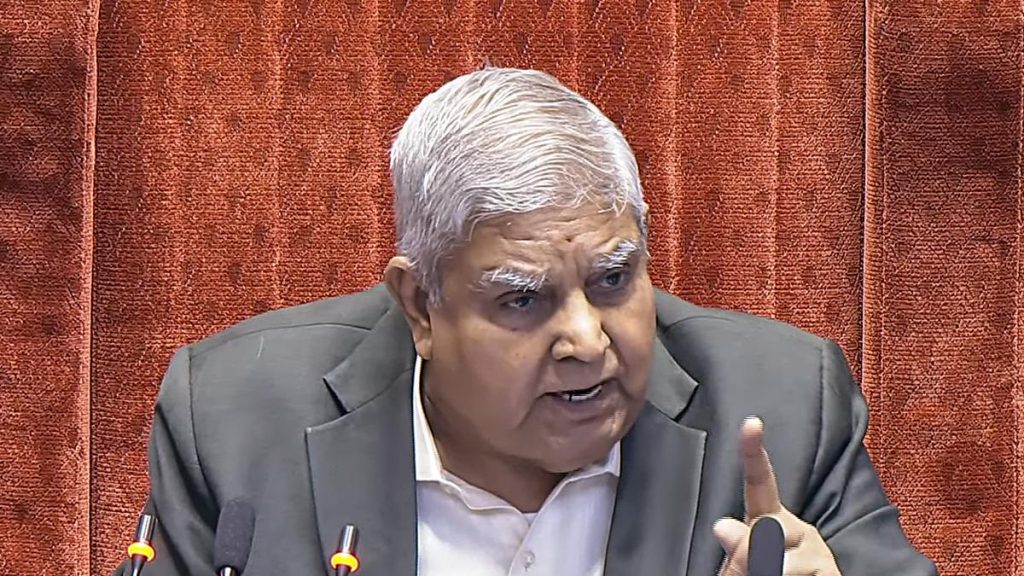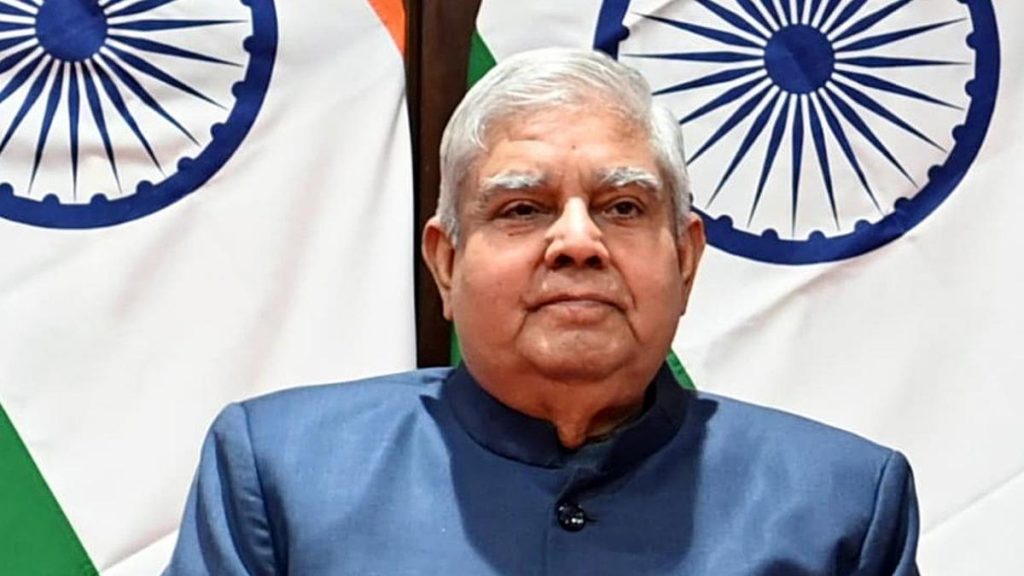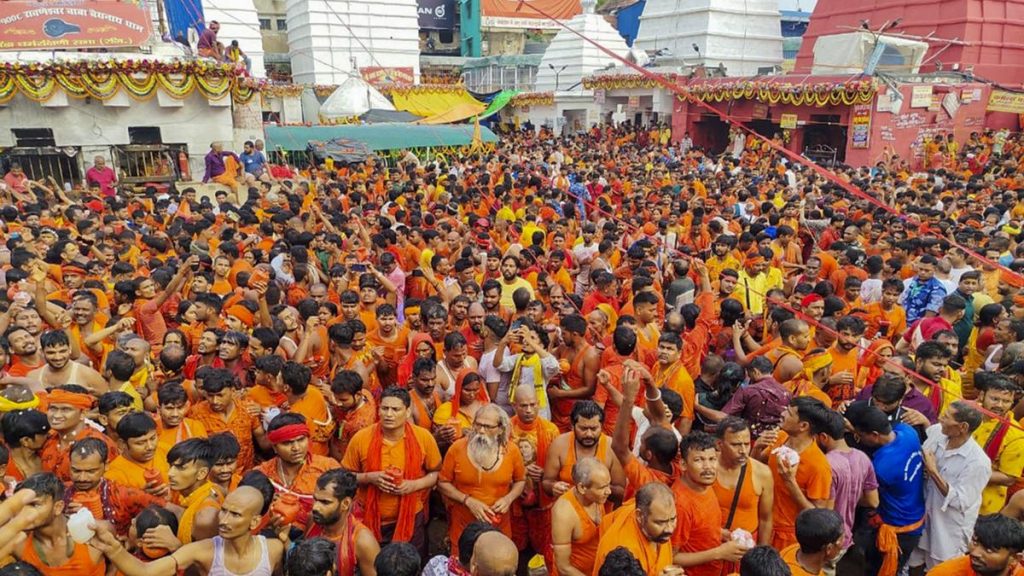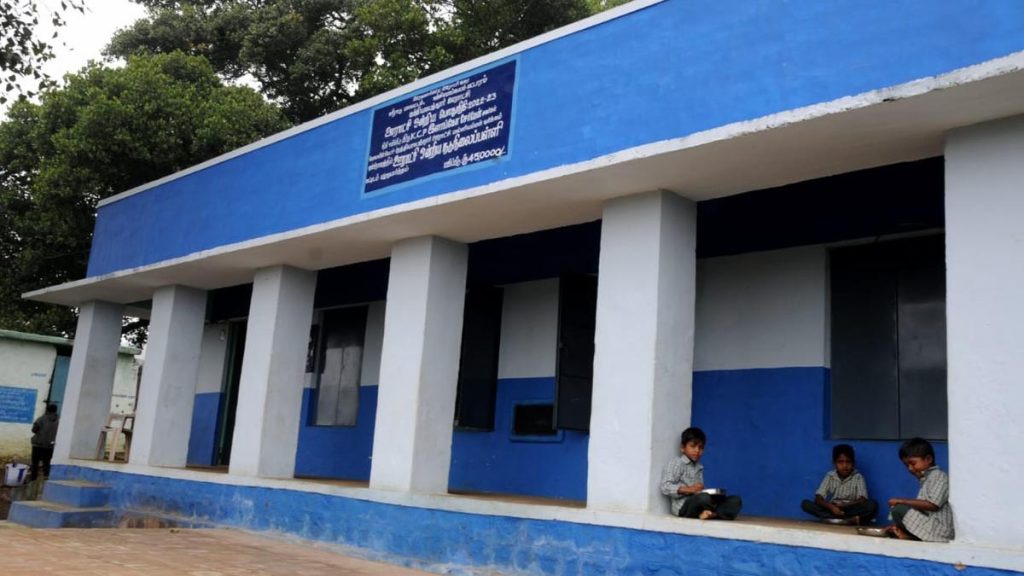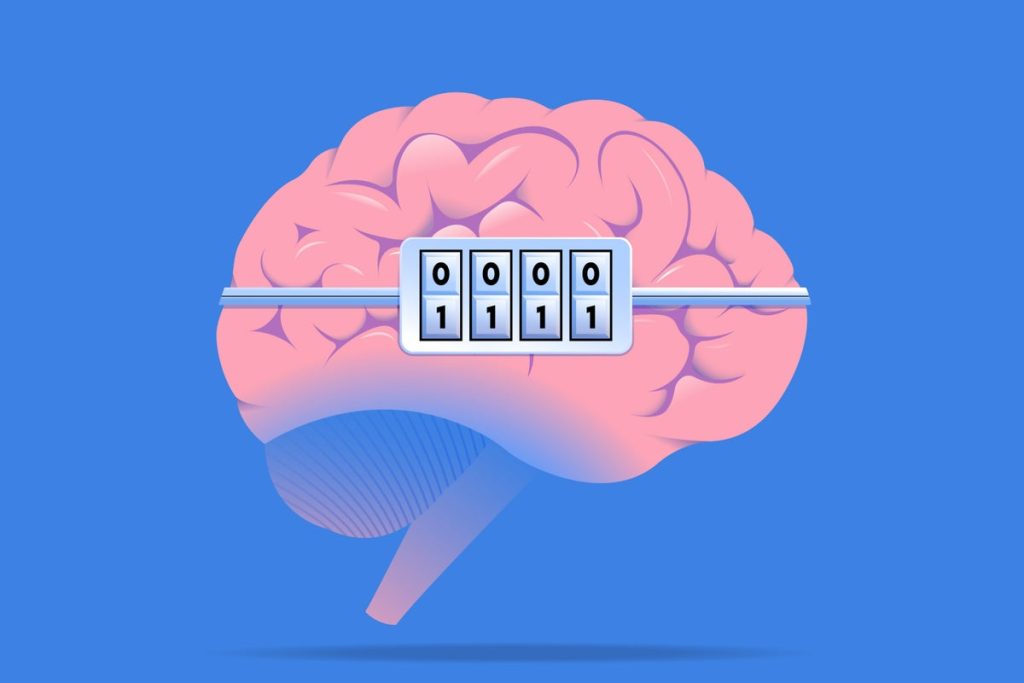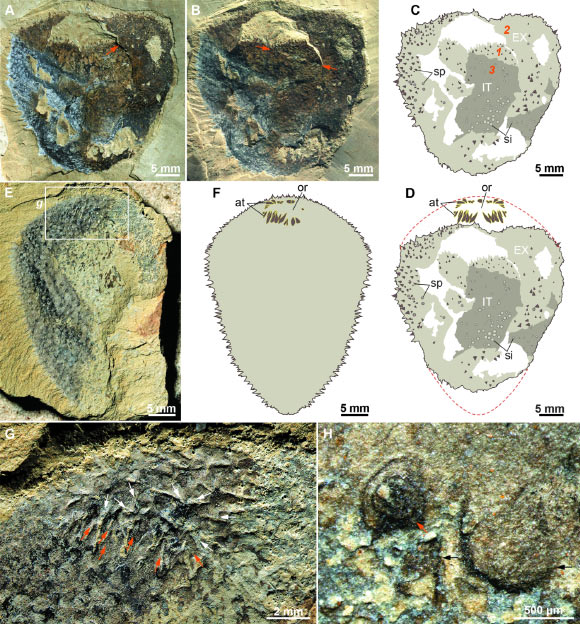Now Reading: Recovering from Pain: Emerging Stronger and Resilient
-
01
Recovering from Pain: Emerging Stronger and Resilient
Recovering from Pain: Emerging Stronger and Resilient
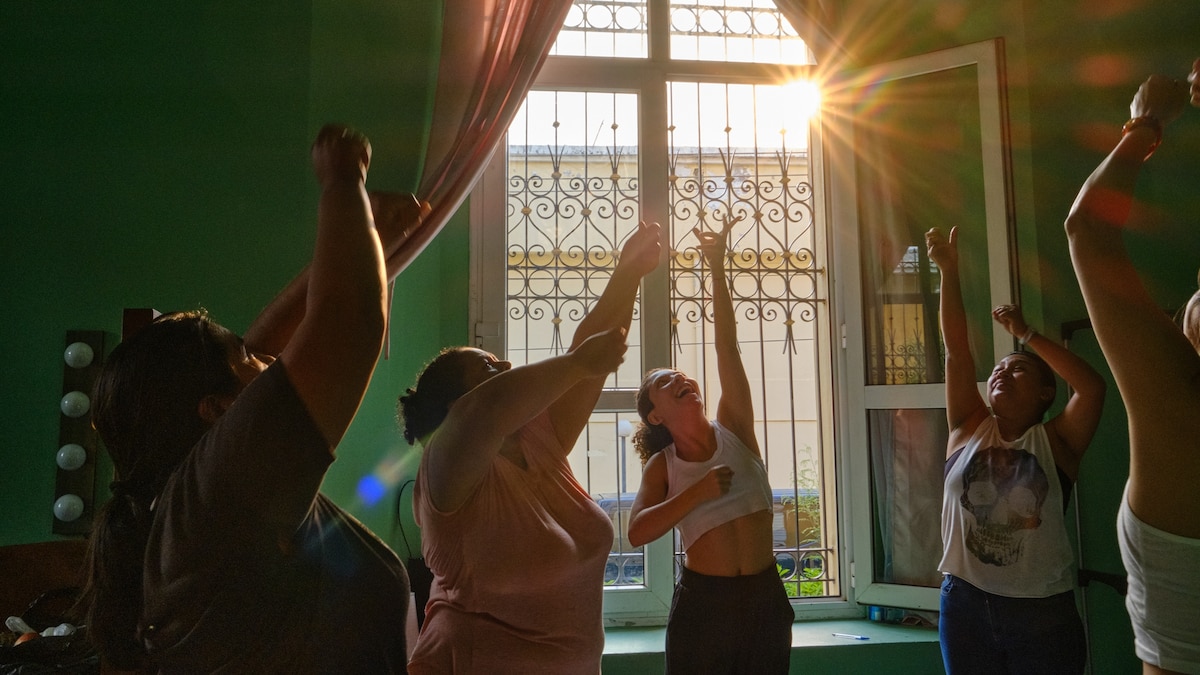
Quick Summary
- Erica Solove, a survivor of the Marshall Fire in Colorado (2021), lost everything but has since experienced post-traumatic growth (PTG), including stronger community ties and personal resilience.
- PTG is defined as positive psychological changes following adversity. Studies suggest between half and two-thirds of trauma survivors report improvements in outlook after crises such as bereavement, cancer, divorce, or war.
- Researchers Lawrence Calhoun and richard tedeschi developed a scale to measure PTG. It contrasts with resilience by emphasizing not just recovery but new possibilities and life enhancement.
- Factors promoting PTG include education about its possibility, emotional regulation techniques (e.g., meditation), sharing experiences through creative outlets or with a therapist (“disclosure”), reframing trauma into a coherent life narrative, cultivating community support, understanding broader shared struggles across history/culture, and engaging in service to others.
- While post-traumatic growth can inspire recovery narratives for some individuals/communities facing hardship, researchers caution against presenting it as an expectation during severe prolonged traumas.
Indian Opinion Analysis
The concept of Post-Traumatic Growth offers valuable insights for Indian society-where communities face regular challenges like natural disasters, communal tensions, poverty-related adversities, or mental health strains. Education on PTG principles could empower individuals and groups to uncover pathways for healing after hardships while fostering societal resilience.Key lessons derived from this research-building strong local networks (“chosen families”), encouraging mental health awareness through emotional regulation practices like mindfulness/yoga (already rooted in India’s traditions), or promoting acts of service-are especially relevant within India’s diverse sociocultural framework.
However, care should be taken not to romanticize suffering or impose “silver lining” expectations on victims who might still be grappling with urgent material needs. For India’s vulnerable populations facing systemic deprivation daily-for instance flood victims in Assam-the priority remains immediate relief efforts over broader psychological frameworks that may come later once stability is achieved. Still rooted-and perhaps transformational-in Indian contexts lies the promise of how personal storytelling combined with collective solidarity can sustain long-term healing pathways for individuals alongside their communities.


